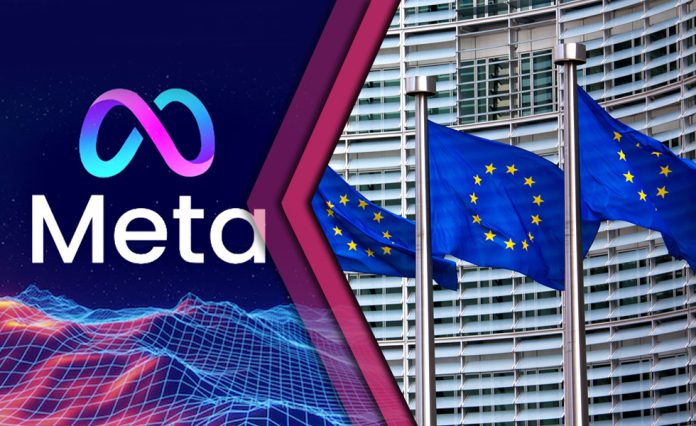The European Commission has issued a request for information to Meta under the Digital Services Act (DSA), seeking details on compliance with data access and election monitoring requirements, according to Euractiv.
Facebook and Instagram (Meta) qualified as very large online platforms (VLOPs) under the DSA last year, which means they must comply with strict rules for handling illegal and harmful content. Meta has until 6 September to respond, as the request for information is a formal procedure to gather detailed data to assess compliance or evidence.
The DSA, the European Union’s digital rulebook, came into force on 17 February and set out comprehensive rules for content management on online platforms. As such, the DSA Commission is seeking information on how the firm plans to comply with the requirements for researchers’ access to publicly available data on Facebook and Instagram, as well as updates to its election and civic discourse monitoring functions.
On 30 April, the Commission launched an investigation into Meta under the DSA for failing to provide effective real-time election monitoring tools and access to researchers’ data. For its pat, Meta addressed these issues with new real-time monitoring dashboards in CrowdTangle in May, showing real-time data and trends related to social media activity and election monitoring. These have now been discontinued.
The request follows the discontinuation of Meta’s CrowdTangle tool used to track and analyse content and social media interactions on Facebook and Instagram. Therefore, depending on what response Meta submits, the Commission may impose interim measures to quickly resolve the problems, make decisions of non-compliance if Meta determines that it is not in compliance with legal requirements, or accept Meta’s obligations to make the necessary changes and resolve the problems.
If the information appears incomplete or misleading, the Commission can also impose fines or issue a formal request for compliance with potential penalties for non-response, which is the most extreme action against Meta.
Meta and TikTok announced in February that they were suing the Commission over the annual monitoring fee imposed under the DSA. As a result, by May the Commission had launched the investigation into Meta for potential DSA breaches of the minor defence. In July, the EU executive accused Meta of breaching digital competition rules under the EU competition regulation, the Digital Markets Act (DMA).
